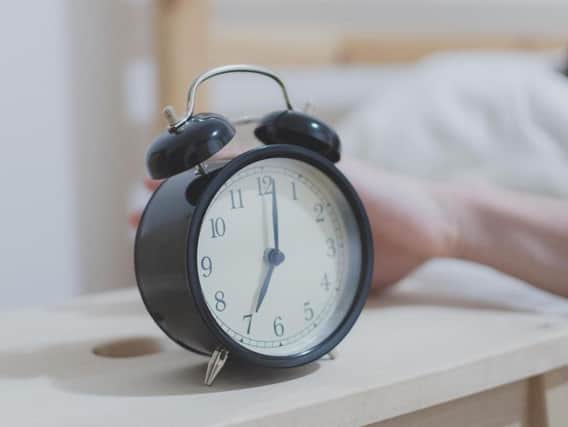When do the clocks go forward this year?


The clocks go forward on the last Sunday in March each year - which this year is the 26th.
The hour changes at 1am, when time will fast forward to 2am, which means we lose an hour's sleep.
Advertisement
Hide AdAdvertisement
Hide AdUpsetting though this may be, it's temporary pain for gaining lighter nights. Hopefully no more going home from work in the dark, until the autumn comes.
The change (also known as daylight saving time) means there is more daylight in the evenings but less in the mornings.
The current system has been in place since 1972, though British Summer Time, as it is known, was first enforced in 1916 during the First World War in a bid to save money during wartime.
Although the clocks change twice a year, it's still easy to forget and get caught out, spending a morning confused until the mistake sinks in. Perhaps this is why it's done on a Sunday - how many of us would forget and end up being late or early for work when the hours change forward ore back.
Advertisement
Hide AdAdvertisement
Hide AdIf you struggle to remember which way the clocks change, you can use the saying: “Spring forward, fall back”.
Proposals to keep the clocks at least one hour ahead of GMT all-year round have been debated frequently in parliament but never implemented.
The lighter evenings are also said to reduce road traffic accidents and crime. It is argued BST is good for physical and psychological health, particularly in terms of relieving the symptoms of Seasonal Affective Disorder (SAD).